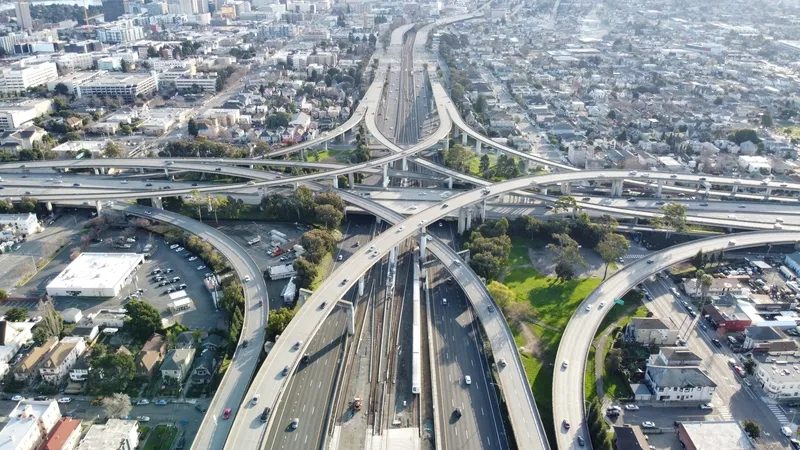Leading road safety charity the
The latest piece of wearable technology from
Existing research conducted by the IAM simulator study on smartphone use between 2006 and 2010 found distraction from a mobile phone was a contributory factor in 1,960 road accidents which resulted in injuries; this figure includes 110 fatal accidents. Having a wristwatch linked to users’ mobile phone only suggests a higher proportion of drivers’ performance will be significantly impaired.
Constant alerts will require motorists’ regular attention. As opposed to using a legal hands-free piece of equipment the iWatch will require drivers to use two hands to operate the device – impacting speed, lane position and time spent looking at the road.
The
Neil Greig, IAM director of Policy and Research said: “An iWatch has the potential to be just as distracting as any other smartphone device. Indeed more so if you have to take your hand off the wheel and your eyes off the road to interact with it.
“Enforcement will be difficult for the police, but powers exist to seize and interrogate devices in the event of a serious crash. The very device that distracted you also has the power to convict you.”
Apple iWatch to significantly impair driving performance says IAM
Leading road safety charity the Institute of Advanced Motorists (IAM) is warning drivers about the potential risks associated with smart watches while driving.
The latest piece of wearable technology from Apple will allow users to make and receive calls, check messages and monitor their health by operating the device on their wrists. However, the IAM warns that this could significantly impair driving performance – a major cause for distraction and road accidents.
September 17, 2014
Read time: 2 mins








